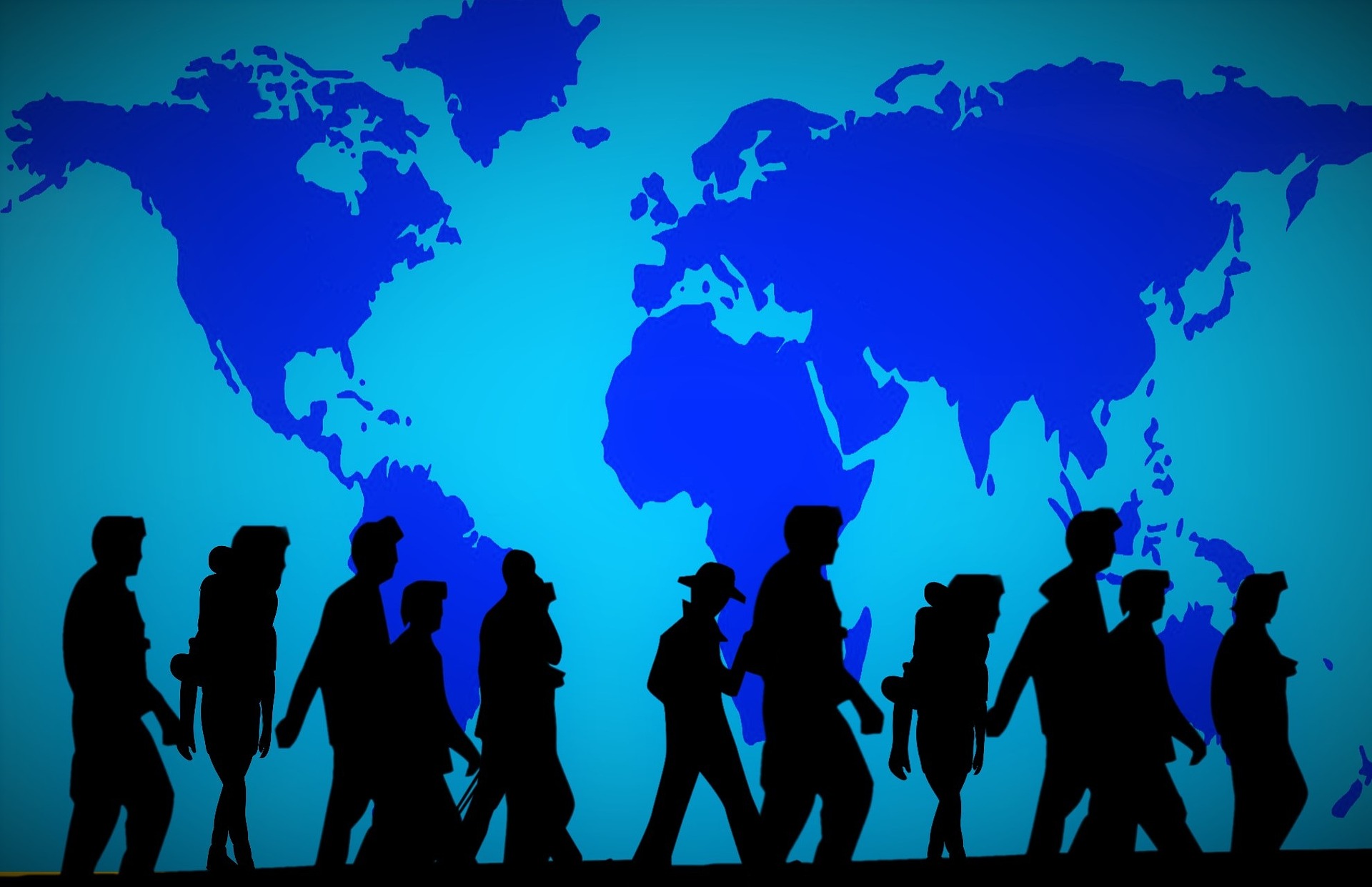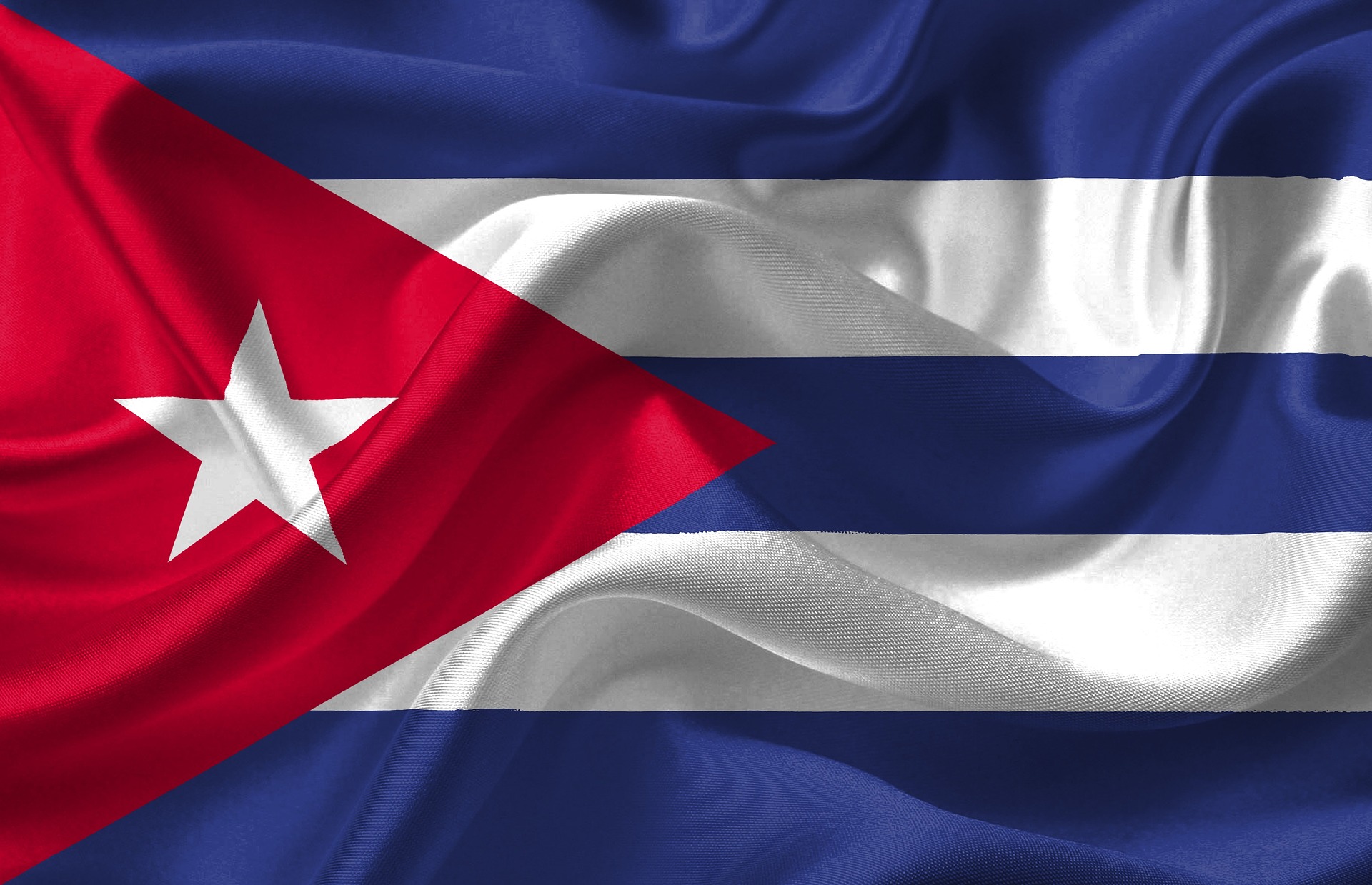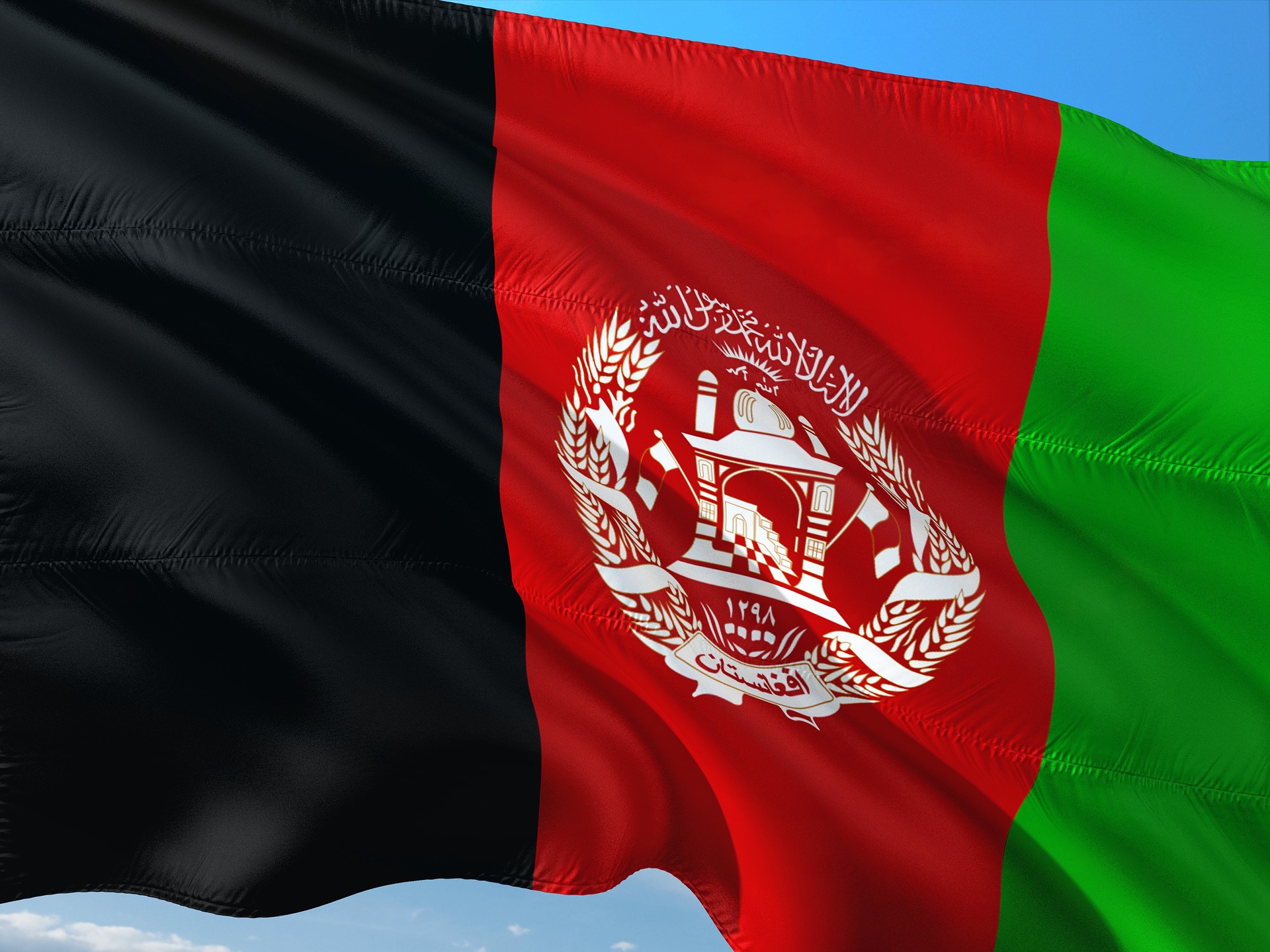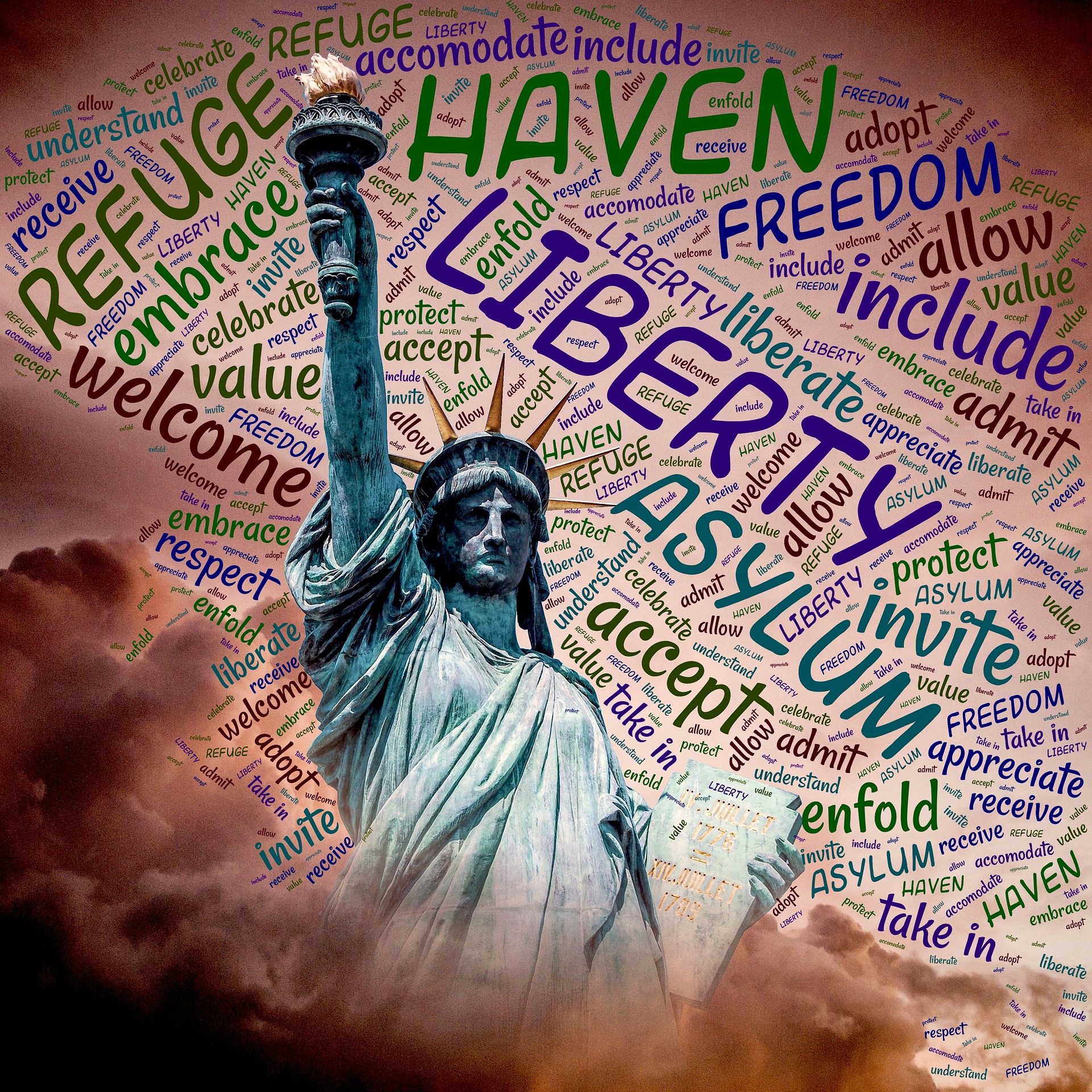We kick off the start of a brand-new week with some exciting news.
In this blog post, we would like to notify our readers that the Department of State will soon open the online green card lottery registration system for the Diversity Visa Lottery Program for fiscal year 2024 (DV-2024)
What you need to know
The State Department will be accepting online registrations for the Diversity Visa Lottery program for Fiscal Year (FY) 2024 beginning Wednesday, October 5, 2022, at 12 noon, Eastern Daylight Time (EDT) (GMT-4) with online registration closing on Tuesday, November 8, 2022, at 12:00 noon, Eastern Standard Time (EST) (GMT-5).
It is completely free to submit an online registration.
Foreign nationals who want to have a chance of being selected must register for the lottery by Tuesday, November 8, 2022, at noon EST online.
Submission of more than one entry for a person will disqualify all entries for that person.
The Fiscal Year 2024 DV lottery program will have up to 55,000 green cards up for grabs that will be selected through a randomized computer-generated process. Winners for FY 2024 are expected to be announced starting May 6, 2023 through September 30, 2024 on the E-DV Website.
Why should I apply?
Foreign nationals selected in the FY 2024 lottery are eligible to file their green card applications starting October 2023.
Am I eligible to enter?
You are eligible to participate if you meet the following requirements.
Requirement #1: You must be a native of a country with historically low rates of immigration to the United States to enter
Click here for the complete list of countries eligible (p. 16 to 20).
If you are not a native of a country with historically low rates of immigration to the United States, there are two other ways you might be able to qualify.
- Is your spouse a native of a country with historically low rates of immigration to the United States? If yes, you can claim your spouse’s country of birth – provided that you and your spouse are named on the selected entry, are found eligible and issued diversity visas, and enter the United States at the same time.
- Are you a native of a country that does not have historically low rates of immigration to the United States, but in which neither of your parents was born or legally resident at the time of your birth? If yes, you may claim the country of birth of one of your parents if it is a country whose natives are eligible for the DV-2023 program.
Requirement #2: Each DV applicant must meet the education/work experience requirement of the DV program by having either:
- at least a high school education or its equivalent, defined as successful completion of a 12-year course of formal elementary and secondary education;
 Visa Lawyer Blog
Visa Lawyer Blog











